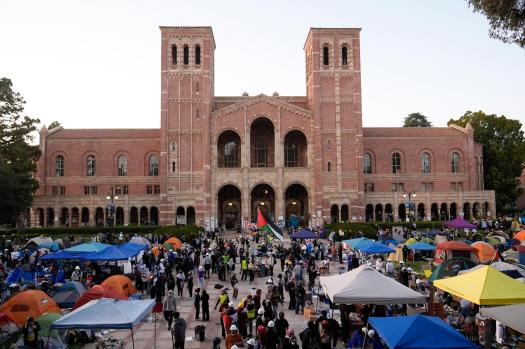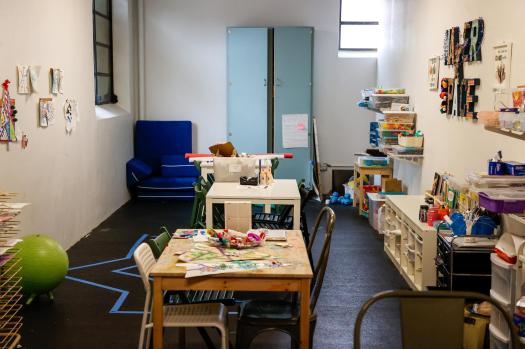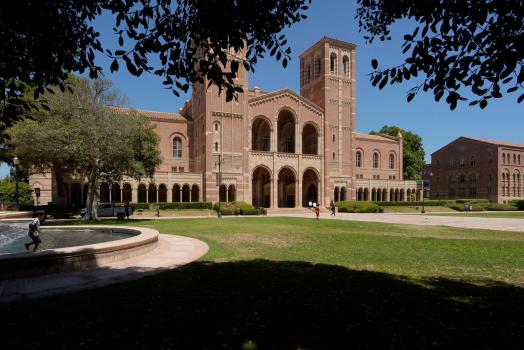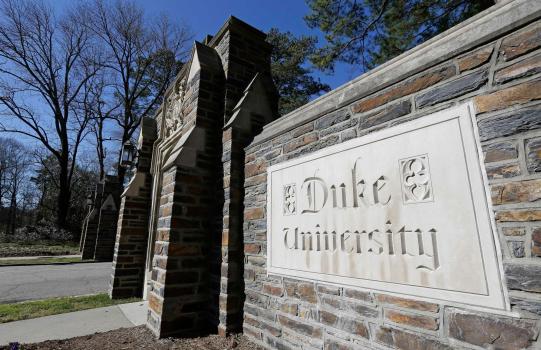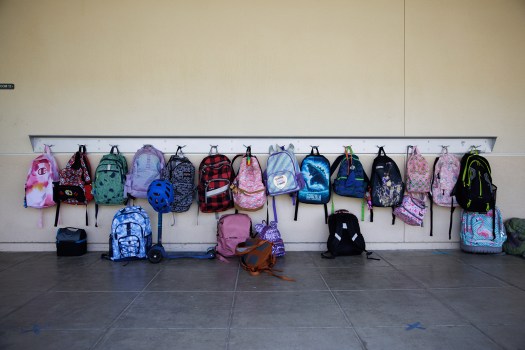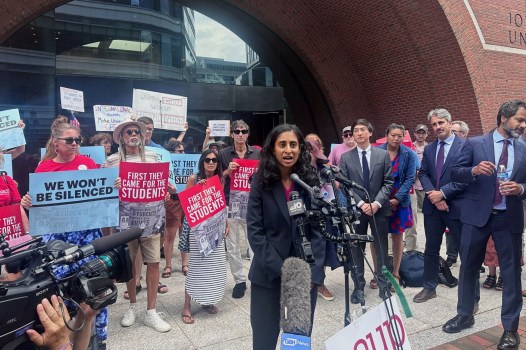By Associated Press’s Julia Watson
Three Jewish students and a Jewish professor filed a lawsuit against the University of California, Los Angeles, claiming the university violated their civil rights by permitting pro-Palestinian demonstrators to bar them from classes and other campus areas in 2024. The university and the professor reached a $6 million settlement.
The settlement was the first time a U.S. judge had ruled against a university for how it handled on-campus protests against Israel’s assault in Gaza, and it came almost a year after a preliminary injunction was imposed.
Since demonstrators, not the university, barricaded Jewish students from accessing certain locations, UCLA had maintained that it was not legally liable for the problem. Additionally, the institution collaborated with law enforcement to prevent new protest camps from being established.
U.S. District Judge Mark Scarsi, however, disapproved and mandated that UCLA develop a strategy to safeguard Jewish students on campus. Since then, the University of California, one of the biggest public university systems in the country, has developed campus-wide protest policies.
Many people were critical of the university’s handling of dispersing the encampment in the spring. The pro-Palestinian camp was stormed one evening by counterprotesters who used pepper spray and traffic cones. The violence lasted for hours and injured over a dozen individuals before police intervened. More than 200 individuals were arrested the following day after hundreds disobeyed demands to leave.
Related Articles
-
Wife of Marine Corps veteran released from ICE custody after advocacy from GOP Senator s office
-
ICE says detained Maine police officer overstayed visa. The chief says he cleared a federal check
-
Los Angeles County seeks ordinance preventing law enforcement from concealing their identities
-
Sean Diddy Combs asks for release on a $50 million bond ahead of sentencing in October
-
Starbucks looks to protein drinks and other new products to turn around lagging US sales next year
The Trump administration opened new investigations into claims of antisemitism at Columbia University, the University of California, Berkeley, the University of Minnesota, Northwestern University, and Portland State University in March, joining the lawsuit brought by the Jewish students and professor.
In order to close investigations into suspected violations of federal antidiscrimination rules and reinstate more than $400 million in research funds, Columbia agreed to pay $200 million last week.
With financial penalties now viewed as a standard for future accords, the Trump administration intends to use its arrangement with Columbia as a model for other universities.
The Trump administration revealed on Tuesday that the U.S. Department of Justice’s Civil Rights Division had determined that UCLA had intentionally ignored the creation of a hostile learning environment for Jewish and Israeli students, in violation of both Title VI of the Civil Rights Act of 1964 and the Equal Protection Clause of the Fourteenth Amendment.
According to Assistant Attorney General Harmeet K. Dhillon of the Justice Department’s Civil Rights Division, UCLA did not respond to credible allegations of violence and harm on campus in a timely and appropriate manner.
The institution has stated that it is dedicated to campus safety and will keep putting suggestions into practice. A request for comment on the settlement and the DOJ announcement Tuesday was not immediately answered by the university.
UCLA is required by the settlement agreement to guarantee that Jewish faculty, staff, and students are not excluded from any university activities.
Eight Jewish groups will benefit from the $6.13 million settlement, which will also cover the claimants’ legal costs and damages.
A complaint has been launched against UCLA by a group of 35 pro-Palestinian students, staff, legal observers, journalists, and activists who claim the university did not provide enough protection for individuals who took part in the protests.
At least 15 pro-Palestinian demonstrators were hurt during the 2014 demonstrations, and political officials, Muslim students, and advocacy organizations criticized the government’s lackadaisical response.
